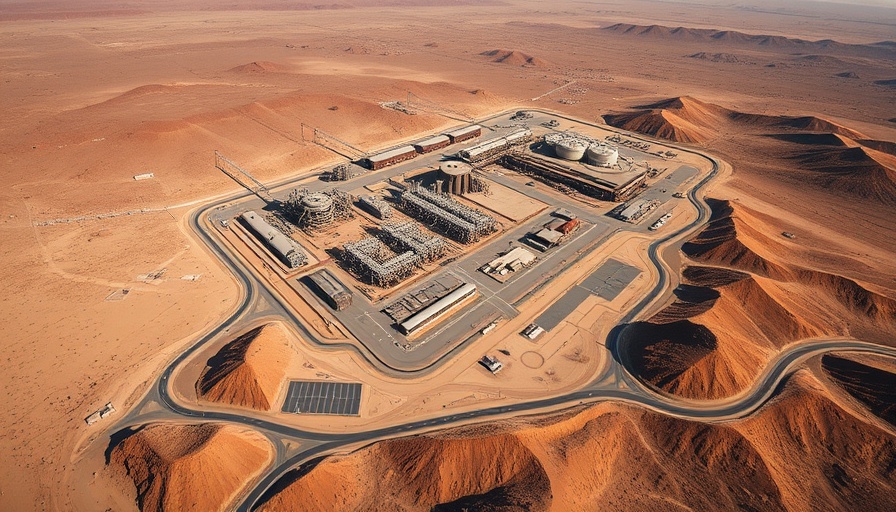
Understanding the Current Nuclear Landscape in Iran
Recent intelligence reports indicate that Iran's stockpile of uranium is largely intact, raising alarm among European officials. This revelation is a crucial point of concern for countries involved in diplomatic negotiations with Iran regarding its nuclear program. As tensions continue to escalate, understanding the implications of this intelligence is essential.
The Impacts of Uranium Stockpile on Global Politics
Iran's ability to maintain a substantive stockpile of uranium underscores a shifting power dynamic in the Middle East. The implications extend far beyond Iran’s borders, affecting international relations and energy security globally. The potential for malign nuclear capabilities raises concerns over regional stability, prompting nations to reevaluate their diplomatic strategies.
Historical Context: The Road to Nuclear Negotiations
The path to the current situation traces back several years, with the Joint Comprehensive Plan of Action (JCPOA) signing in 2015 heralding a temporary thaw between Iran and the West. However, Iran's gradual departure from the deal has seen it enrich uranium in ways that alarm officials who were hoping to limit its nuclear capabilities. This history serves as a reminder of the fragile nature of diplomacy in nuclear affairs.
Counterarguments: The Doves Speak
Conversely, there are Australian and Iranian officials advocating for dialogue rather than immediate sanctions or military action. They argue that further negotiations could yield better outcomes than hastily implemented sanctions that only serve to deepen existing divides. Understanding this perspective sheds light on the debate around how best to handle regimes pursuing nuclear capabilities.
Future Predictions: What Lies Ahead?
With the current climate, predictions about the future of Iran's nuclear program remain uncertain. Experts suggest that if discussions continue to falter, we may see a continued ramp-up in uranium enrichment, leading to increased urgency for international intervention. However, should negotiators find common ground, possibilities for de-escalation and regaining parts of the JCPOA remain on the table.
Why This Information Matters
For the global community, this developing situation could alter energy markets and impact economic forecasts across sectors. Countries financially tied to stable oil prices and reliable energy sources must pay attention, as any significant shifts in Iran's nuclear posture could have sweeping ramifications.
Emotional Ties and Human Interest
As discussions around Iran’s nuclear capabilities continue, the human cost of potential conflict weighs heavily. Families in the region bear the burden of political decisions, often becoming collateral damage in geopolitical struggles. Understanding these human stories adds depth to the often abstract narratives around nuclear arms control.
In summary, the findings regarding Iran's uranium stockpile not only present a pressing issue for international diplomacy but also highlight the human layer beneath these geopolitical struggles. Citizens in the affected areas, industries reliant on stable energy markets, and global powers will all feel the repercussions of the decisions made in the wake of this intelligence report.
 Add Row
Add Row  Add
Add 



Write A Comment